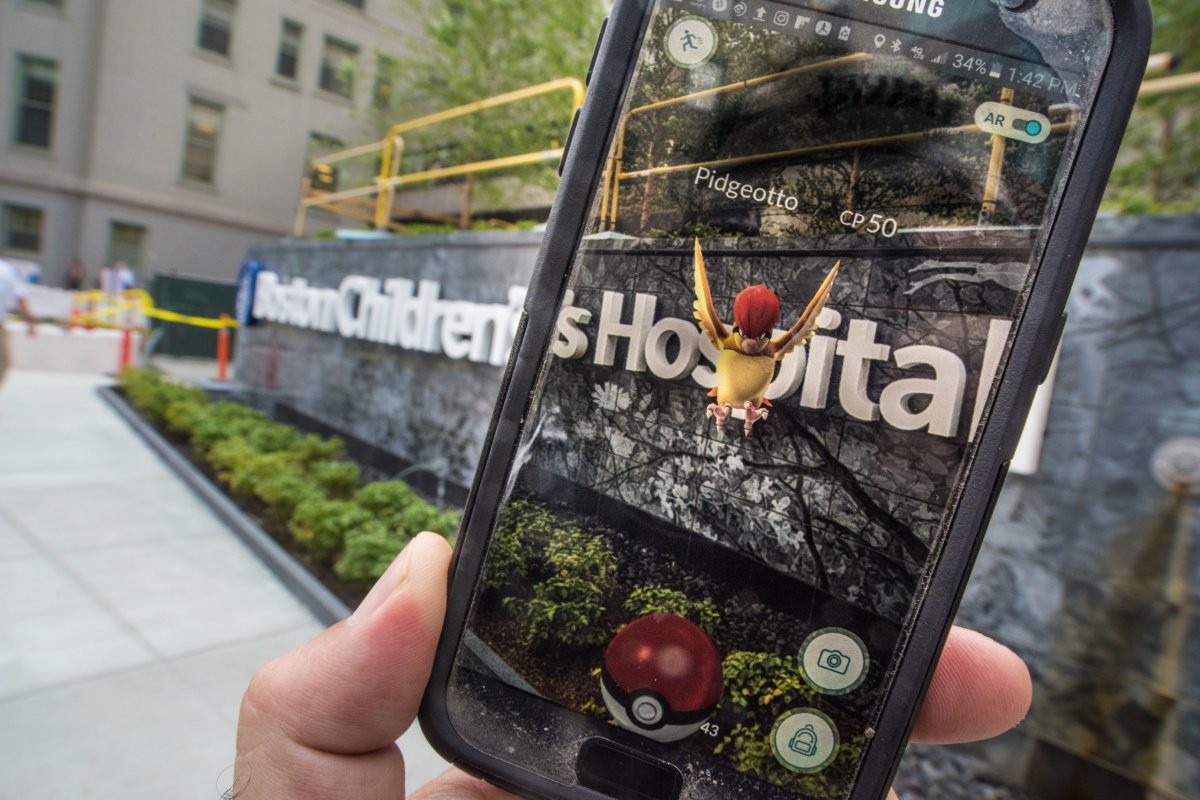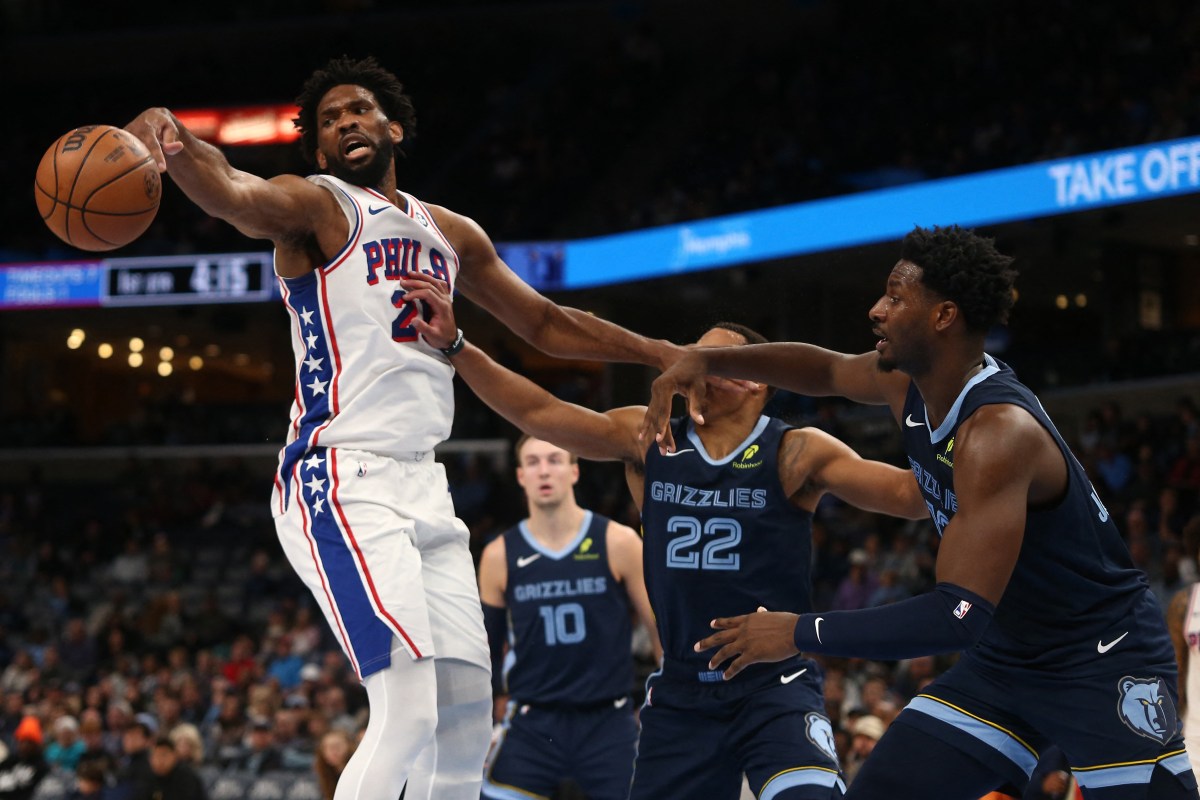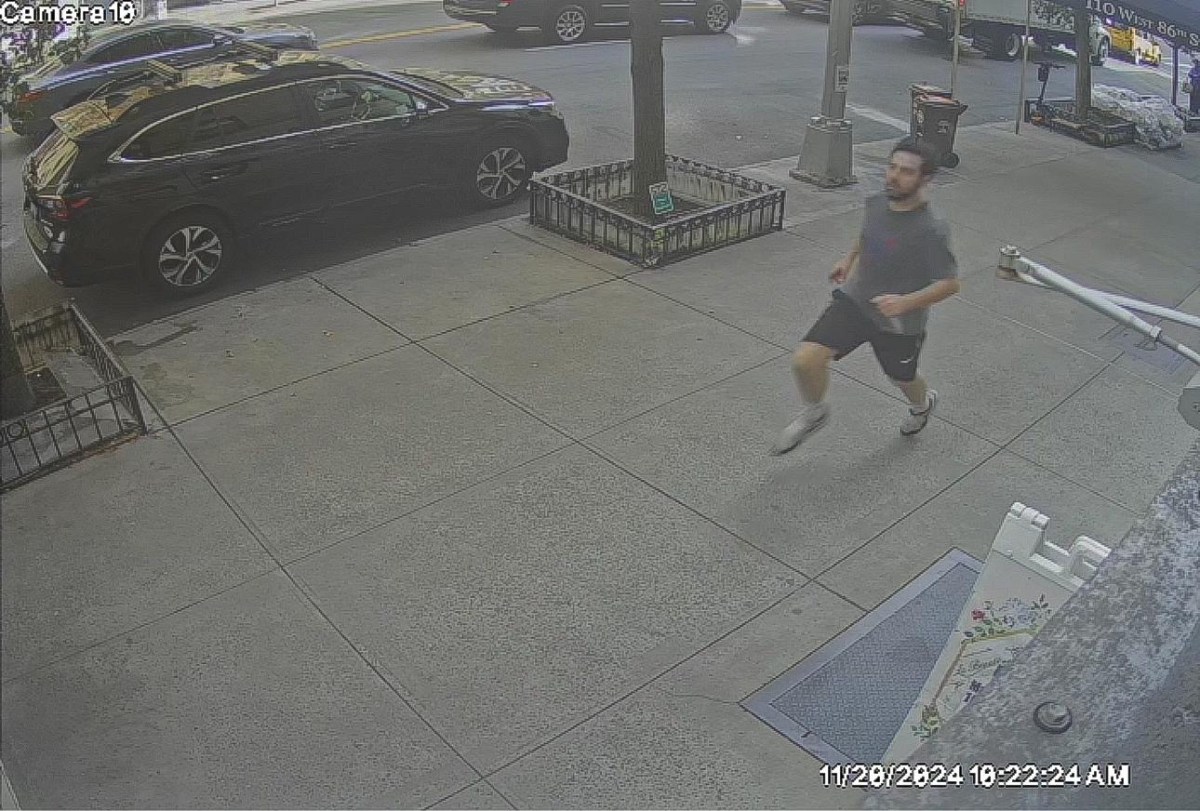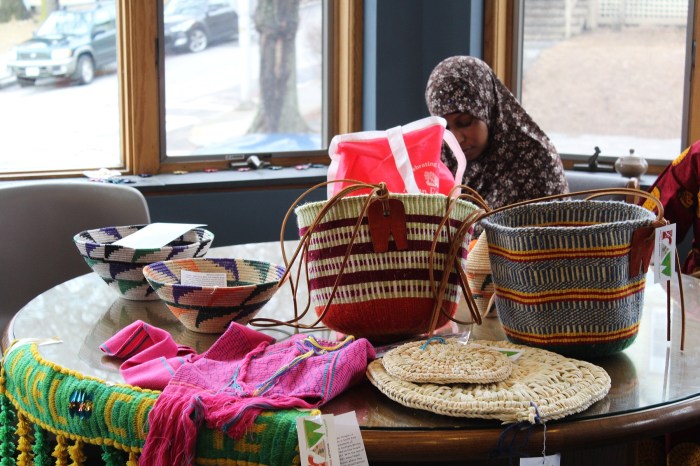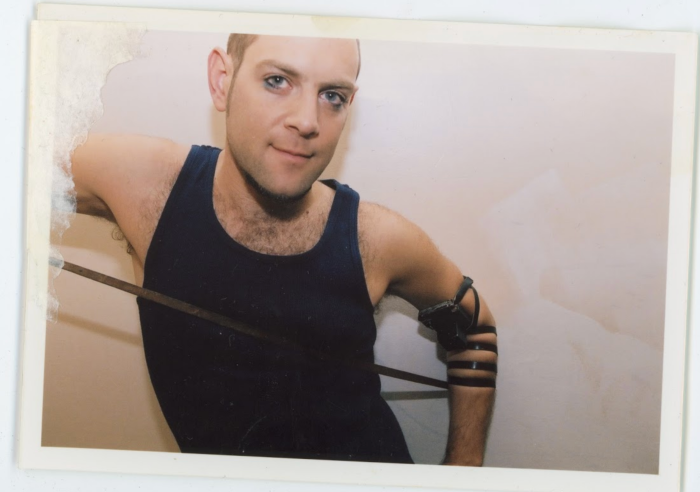If children in Boston hospitals can’t come to Pokemon Go, then Pokemon Go will go to the children.
Ryan McAskill, who works at Boston Children’s Hospital as a computer support technician for the its child life services department, encouraged players to bring lures to the medical campus in a widely retweeted message on Twitter last week: “Hey Pokemon Go Players. Have extra lures? Then drive to your nearest Children’s Hospital and drop the lure there,” the tweeted image reads. “There are plenty of kids who would love to go out and collect Pokemon, but they are stuck in bed, so this will help them.” “I work at Boston Children’s hospital, and this is very true,” McAskill added.
@universalhub I work at Boston Children’s Hospital and this is very true. Can I get a RT? pic.twitter.com/KTZ1csxLWx
— Ryan McAskill (@ryanmcaskill) July 15, 2016
Lures are objects in the game that, when left behind by players, will act as bait to entice virtual Pokemon to congregate nearby, thereby making more of them accessible to patients at the hospital. McAskill said “several kids” told him they were bringing the item’s to the hospital’s campus to help out, and that he wanted to encourage other players to do the same. Pokemon hunters online said they’ve noticed an increase of lures near the Brigham and Women’s Hospital campus, too. “I was pretty blown away,” McAskill said, noting he saw several lures throughout the hospital’s campus on the app.
A spokesperson at Children’s declined to comment on whether patients at the hospital were using the game, or if there were concerns about the game being played in the sensitive environment. But elsewhere, hospitals have seen mixed results as the game becomes popular on their campuses. C.S. Mott Children’s Hospital in Ann Arbor, Michigan, took steps to incorporate the game into its entertainment program for their young patients.
“It’s a fun way to encourage patients to be mobile,” the hospital’s digital media manager J. J. Bouchard told USA Today. “This app is getting patients out of beds and moving around.” Others, like Royal Children’s Hospital in Melbourne, Australia, went so far as to draft an open letter encouraging those leaving lures to forego the practice, saying it might do more harm than good. Even if the game doesn’t catch on with pediatric inpatients at Mass General Hospital, where there are a number of activities available to keep the children distracted and entertained, it appears to have gained an unintended following, at least according to an internal email: the staff. “It has come to our attention that MGH employees are among those who have been swept up in the popularity of the new mobile phone game, Pokémon Go,” the email, reportedly obtained by MassLive.com, read. “We’d like to remind you that the hospital is a place for patient care, and as such, Pokémon Go may not be used during work time or on hospital property.” Since it’s launch on July 6, the app quickly became the most widely played mobile game in U.S. history, reaching 21 million users in just a week, according to a Survey Monkey analysis.The game allows players to use their phone to hunt Pokemon – revealed using the phone’s GPS and video camera functions – in real locations, and later train them to battle Pokemon captured by other players.

